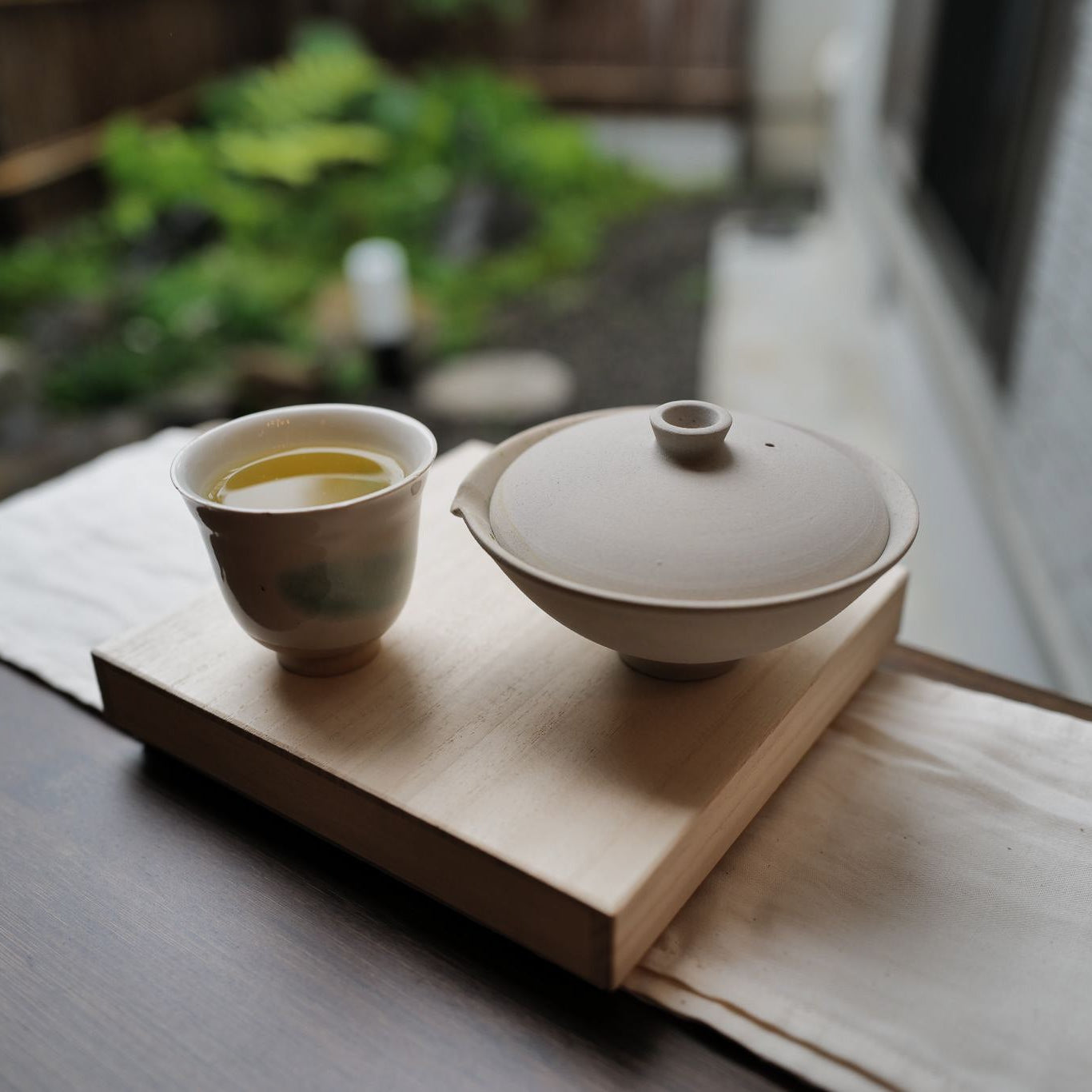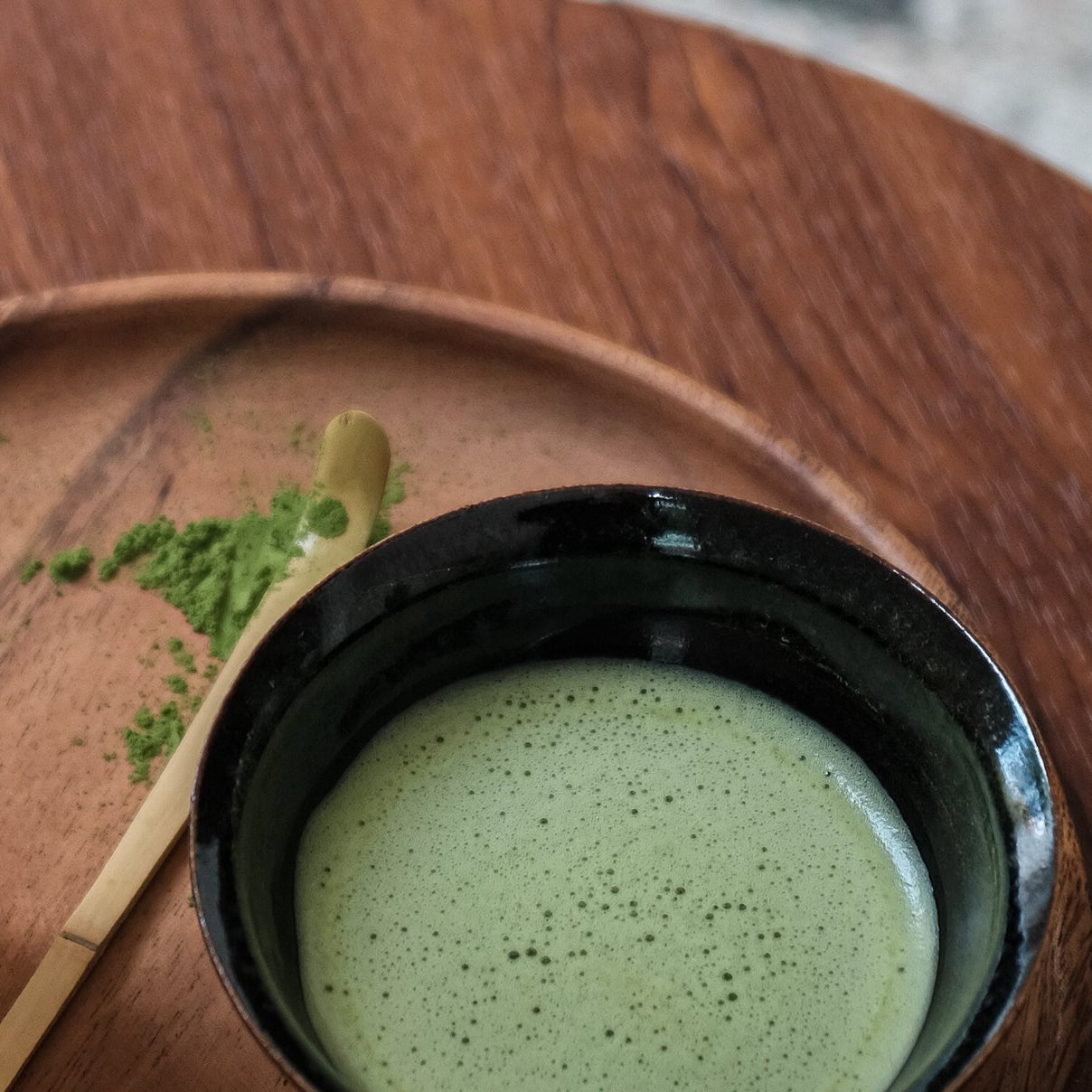
THE NIGHT SKY OF WAZUKA MESMERISES
by Lynette
We visit the tea farmers in Kyoto, Japan, who are faithfully growing and harvesting the tea leaves. Teruko Azuma tells us of the agricultural landscape and culture of Japan.
October 18, 2019
Sweeping her arms in an arc, she tells us of an array of constellations littering the sky, their glimmer impervious to the city lights that are miles and miles away. It was this sight that moved Teruko Azuma during her visit to the tea field many years back. That, coupled with the fact that she fell in love with a man who was to be the fifth-generation owner of his family farm, cemented her decision to stay on in the quiet little town.
It hasn’t been an easy journey. The steep slopes of Wazuka, while ideal for tea cultivation, make it challenging for one to tend to and harvest the plants. Years of labour can often culminate in certain physical ailments, such as a bad hip from having to slant sideways when harvesting tea. “Perhaps, in a few years time, we can explore the use of drones to monitor the plants instead”, Teruko-san muses with a smile, “I am getting on in years and it is becoming harder as time goes by.”
Her eldest son, who is poised to take over the reigns after graduating with a degree in agriculture, has not worked a single day on the family farm. “I was worried that he would have found it too tiring when he was younger, and that the physical labour would deter him from wanting to manage the business when he grew up.” Teruko-san explains, “Now, I am delighted that he has shown a keen interest in carrying on the family business.”
It is indeed heartwarming to hear that, as many farms have already winded up the trade due to lack of succession. In fact, the production facility that the Azuma family operates used to be shared amongst four family farms. Now, they are the only one left.

The tea plantation of Teruko Azuma and her husband.

The view of Kyoto, Japan, from a local cafe.

Teruko Azuma at her tea plantation in Japan.

The tea factory in Kyoto, Japan.
The population has dwindled, she says. Not many locals are interested in tea cultivation nowadays, as there are much more comfortable jobs in the big cities. People are not willing to endure the harsh elements and physical labour, all for one or two harvests a year. Those who do, are truly passionate about their craft. A remark by Teruko-san captures it beautifully: “In a farmer’s lifetime, there are really not many harvests. There may be only 50, 80 harvests for me. So it is important that we get each one right.”
“In a farmer’s lifetime, there are really not many harvests. There may be only 50, 80 harvests for me. So it is important that we get each one right.”
And as she smiles gently, we see the sparkle in Teruko-san’s eyes. The years may have tempered her physical energy, but has not diminished her love for the little town she has made her home. To this day, the night sky of Wazuka still mesmerises.



